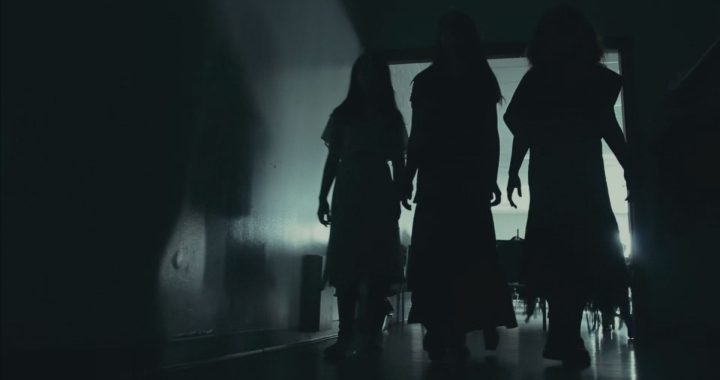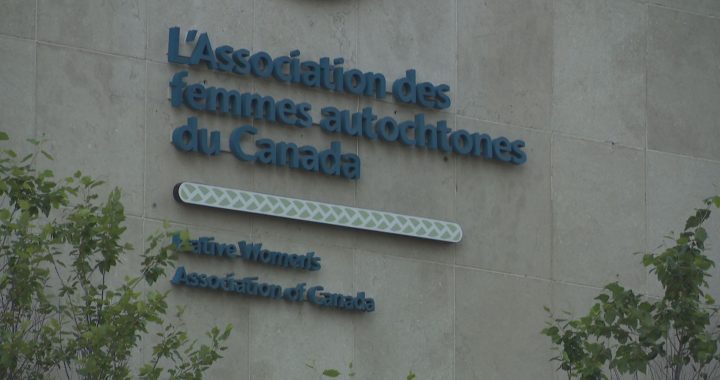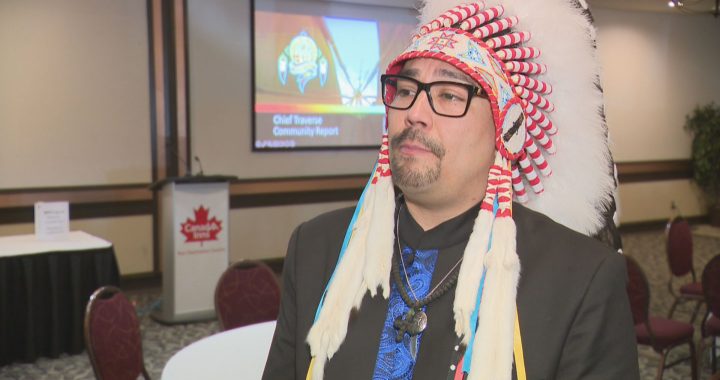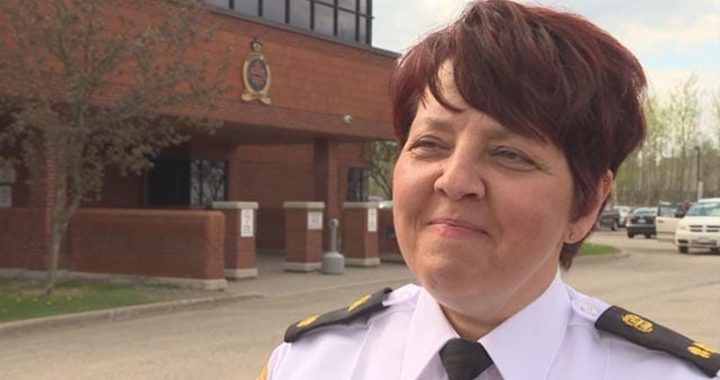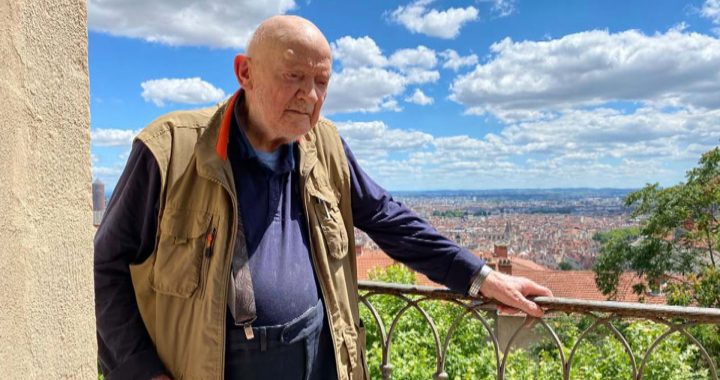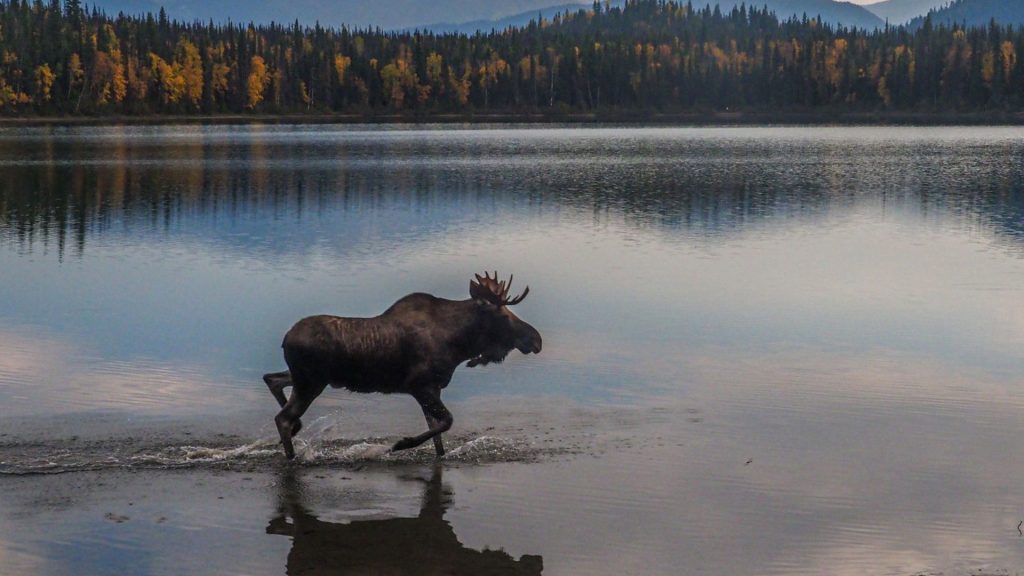
Moose in Tsilhqot’in territory located near Williams Lake, B.C. Photo courtesy: Lesly Derksen.
Leaders with Tŝilhqot’in Nation are concerned about record low moose populations in their traditional territory and is asking would-be hunters to consider the impacts moose hunt on local Indigenous populations.
In an interview with APTN News, Chief Joe Alphonse, the tribal chair of the Tŝilhqot’in National Government, said they will be taking action to protect the moose.
They are planning to limit access to chosen roads on their territory.
“Our upcoming moose closures and road closures to limit the moose hunter’s coming into our area,” he said.
This year B.C. doubled the limited entry hunt for moose in Tŝilhqot’in traditional territory, which is located around the Central B.C. region near Williams Lake.
Alphonse said the nation was against the move and wasn’t properly consulted.
He said massive wildfires have impacted moose’s habitats, and the expansion of logging roads increased access to the territory for hunters.
“In 2017, we had two of the three largest fires in the history of Canada in my communities area, “ he said. “Eighty-five per cent of my caretaker area is burnt up, and not every aspect of our territory has a logging road, so there is access to every part of our territory; moose have no chance.”
The nation says the moose population is at its lowest level in history, and many of its hunters are not hunting moose out of concern for their future.
Alphonse said their families are relying on the resources in their territory to survive.
“Some of our households make less than $10,000 a year. You trying living off that, some of those families do so because they rely on our moose, deer and sockeye,” he said.
In 2014, Tŝilhqot’in Nation won a historic Supreme Court of Canada Case against British Columbia around Indigenous title.
In this case, the nation was granted title over 1,700 square km of land in B.C., making it the first time in Canada title was confirmed outside of a reserve.
Alphonse said he’s shocked by the province’s lack of respect for their aboriginal title in issuing the limited entry hunting tags; he stated they are ready to take action.
“Maybe there needs to be a new wake-up call; a new court case started, “ he said. “What we are doing here is not illegal; this is without our consent. Those logging roads they put it was all put it without our consent, so we’re going to deactivate them.”
Alphonse added that if this dispute over moose populations with the province needs to go to court, they are prepared for a fight.
“Every go around, we have knocked them right out,” he stated. “ If they think we’re joking here, I got news for them; they are about to get knocked out again. “
The B.C. government didn’t respond to APTN’s request for comment. If it is received, it will be added to the story.




